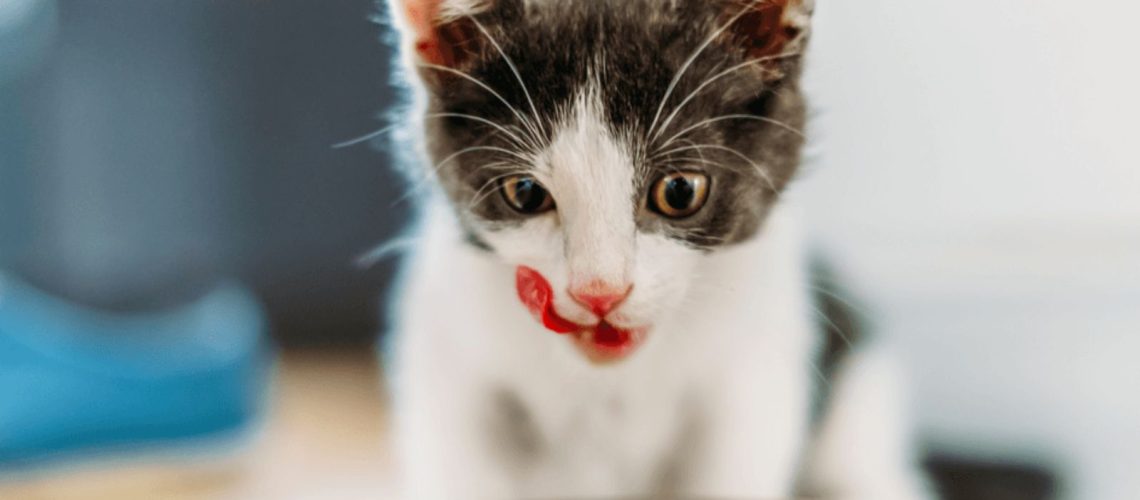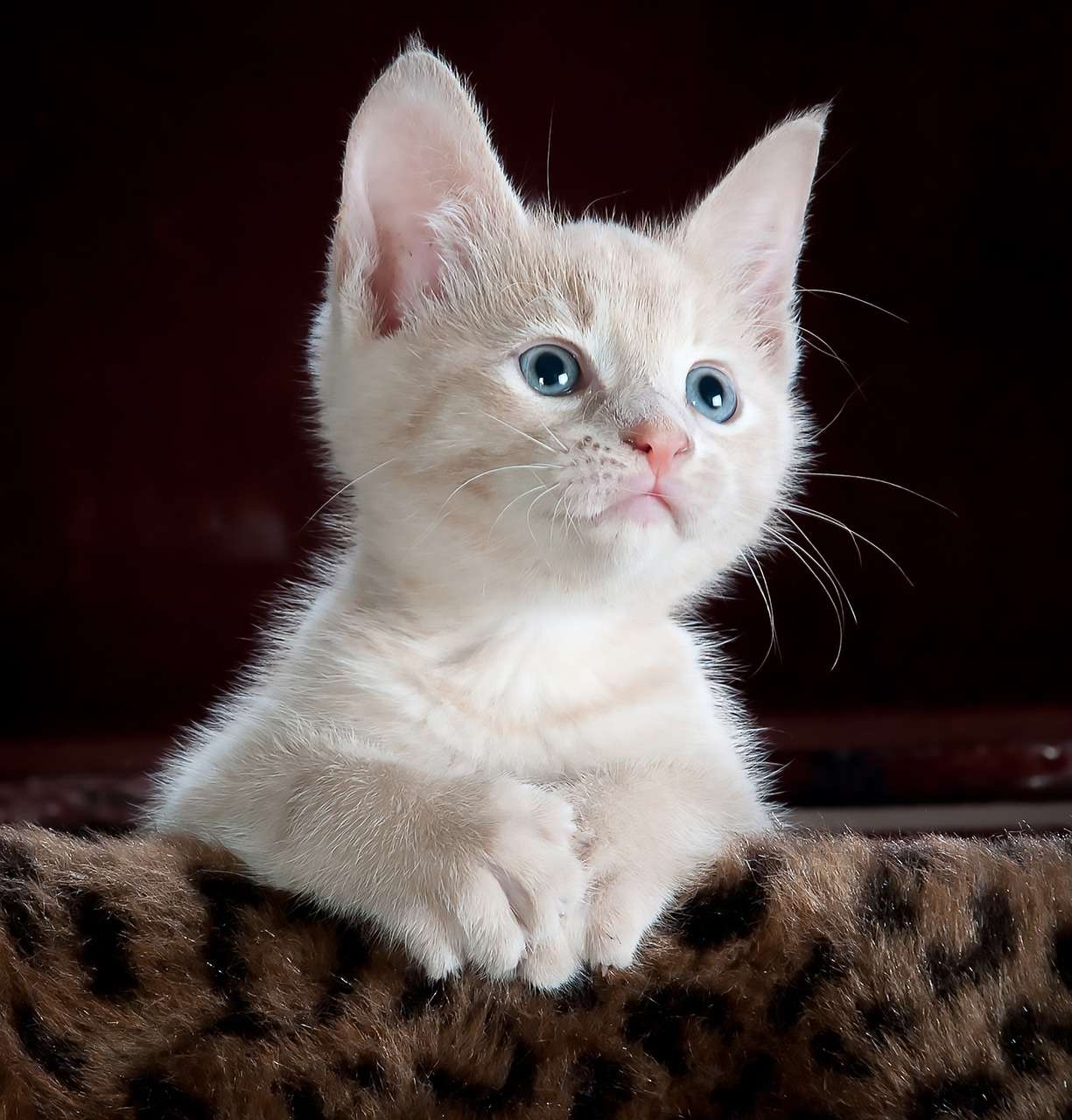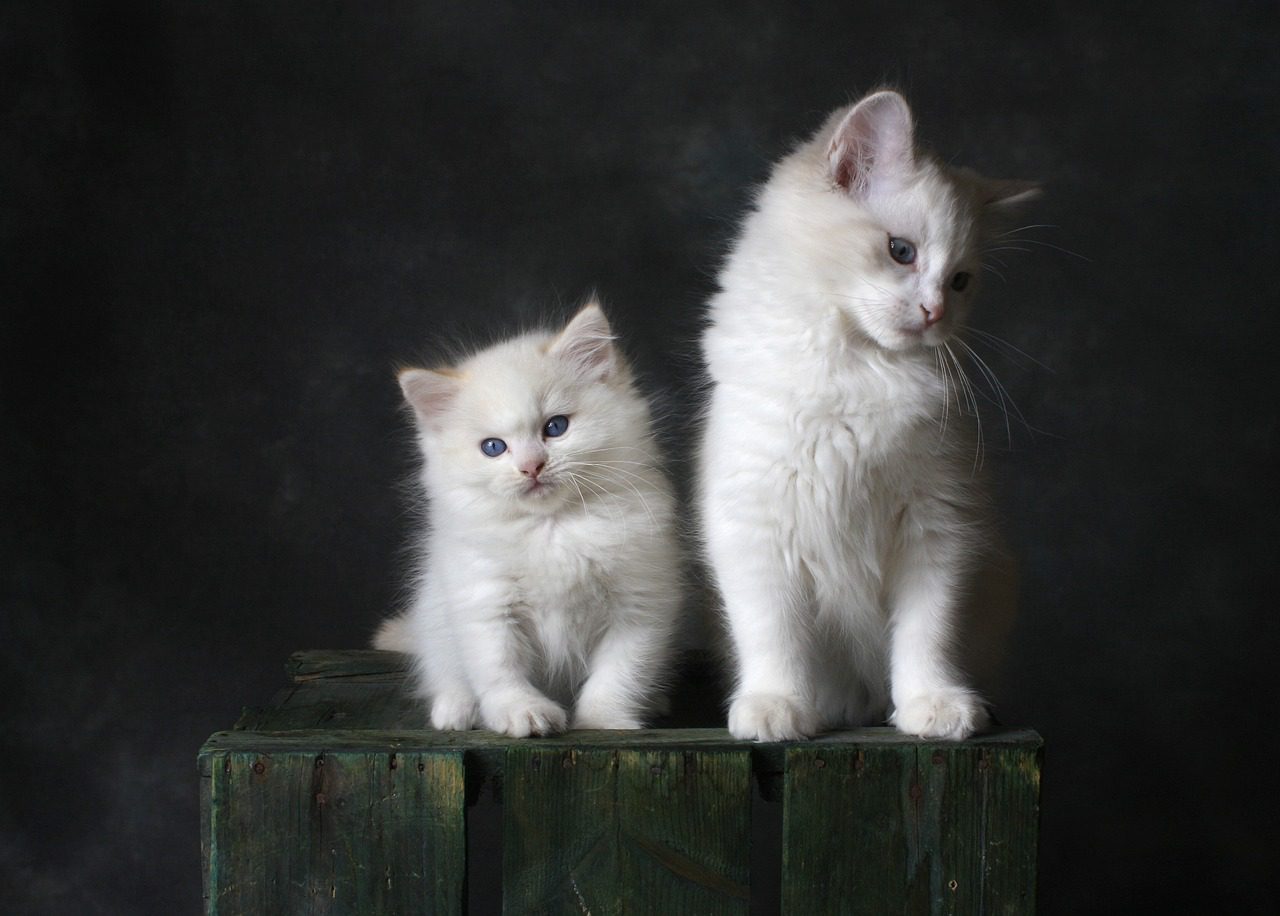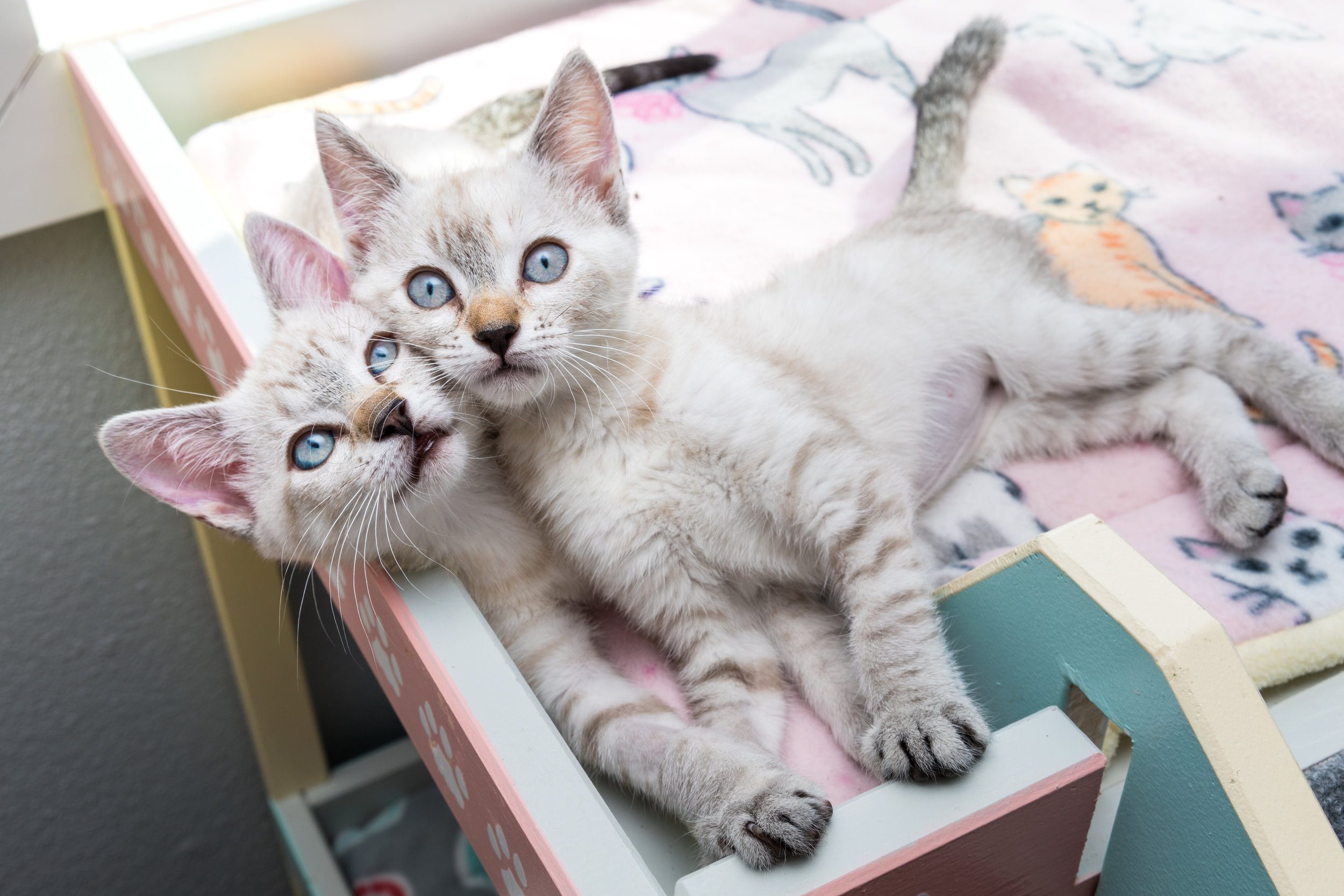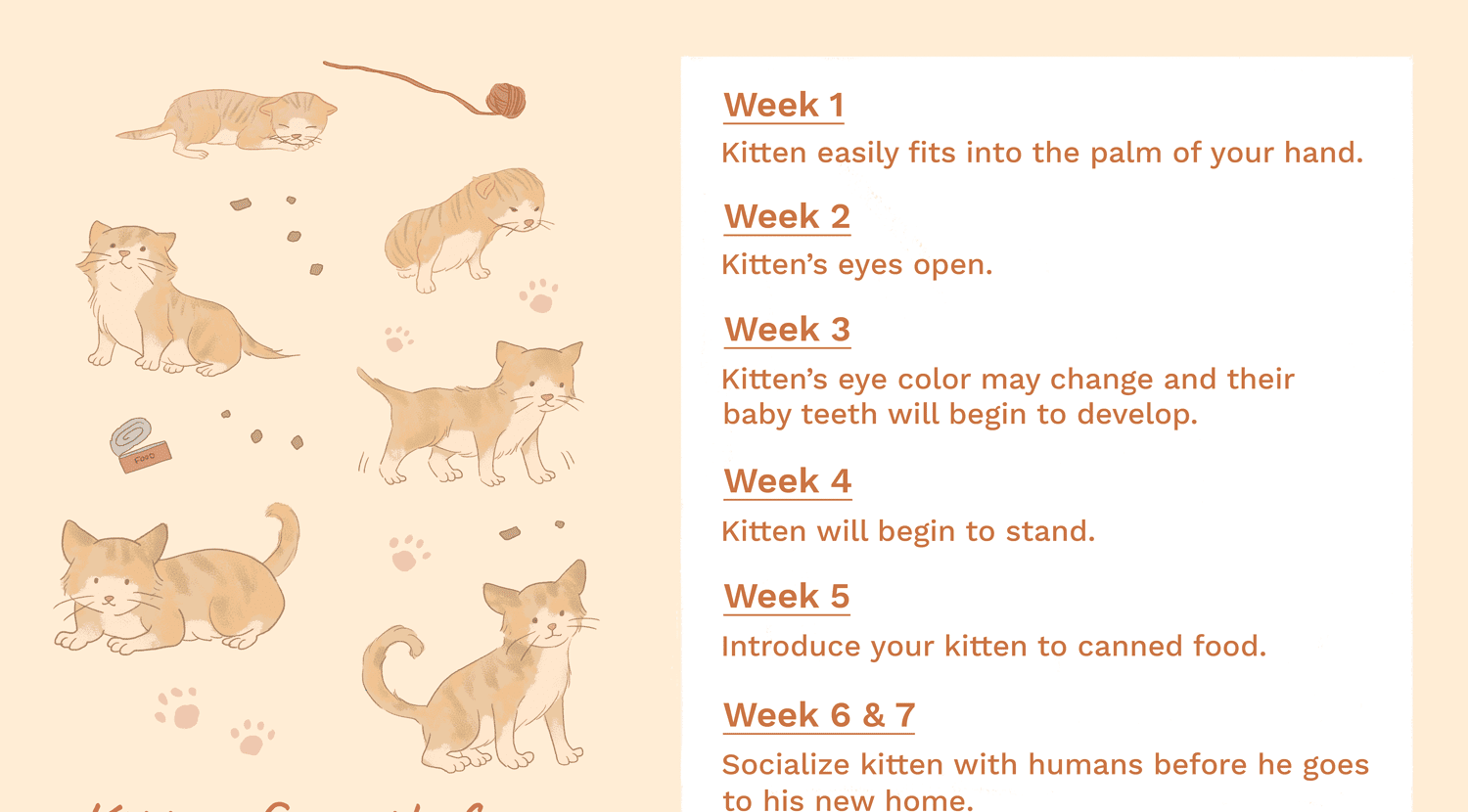Are you a proud owner of a fluffy little kitten? If so, then you know how important it is to provide them with the best care possible. And one crucial aspect of their well-being is their diet.
Choosing the right food for your kittens can have a significant impact on their growth and overall health. But with so many options out there, how do you know which one is the best? Well, fear not! In this article, we will delve into the world of kitten nutrition and uncover the secrets to selecting the perfect food for your furry friend. So get ready to become an expert in feline nutrition and ensure that your precious little ball of fur thrives in every way possible!
Key Takeaways:
- Choose a high-quality kitten food that is specifically formulated to meet their nutritional needs.
- Look for a kitten food that contains real meat as the first ingredient, rather than fillers or by-products.
- Avoid foods that contain artificial colors, flavors, and preservatives, as these can be harmful to kittens.
- Consult with your veterinarian to determine the appropriate portion sizes and feeding schedule for your kitten's age and weight.
- Gradually transition your kitten to new foods to prevent digestive upset, mixing small amounts of the new food with their current diet over several days.
The Importance of Choosing the Right Food for Kittens
Choosing the right food for your kitten is crucial for their overall health and development. Just like human babies, kittens have specific nutritional needs that must be met to support their growth. By providing them with a balanced and nutritious diet, you can ensure that they have the best start in life.
Feeding your kitten appropriate food will help them maintain a healthy weight, develop strong bones and muscles, and support their immune system. It can also prevent common health problems such as obesity, dental issues, and digestive disorders. When you choose the right food for your kitten, you are setting them up for a lifetime of good health.
Benefits of Choosing the Right Food:
- Promotes healthy growth and development
- Supports a strong immune system
- Prevents common health problems
- Maintains a healthy weight
- Improves overall well-being
Expert Tip:
I always recommend consulting with your veterinarian to determine the specific dietary needs of your kitten. They can provide valuable guidance on selecting the right food based on factors such as breed, age, and any existing health conditions.
Determining if a Food is Suitable for a Kitten's Needs
When choosing food for your kitten, it's important to carefully read the labels and consider several factors to ensure it meets their specific needs. Look for foods that are specifically formulated for kittens as they contain essential nutrients required for their growth.
Check if the food has an AAFCO (Association of American Feed Control Officials) statement on its packaging. This indicates that the food meets certain nutritional standards established by experts in the field. Additionally, consider the following factors:
Factors to Consider:
- Age-appropriate: The food should be suitable for kittens and labeled as such.
- Protein content: Kittens require higher levels of protein for muscle development.
- Fat content: Adequate fat is necessary for energy and healthy skin and coat.
- Vitamins and minerals: Look for foods that contain essential vitamins and minerals like calcium, phosphorus, and vitamin D for bone development.
Expert Tip:
Avoid generic or low-quality brands as they may not provide the necessary nutrients your kitten needs. Always opt for reputable brands that prioritize quality ingredients and have a good track record in the industry.
Key Nutrients for a Healthy Kitten Diet
The Importance of Protein
Protein is an essential nutrient for growing kittens as it helps in the development of strong muscles and tissues. It is crucial to choose a kitten food that contains high-quality animal-based proteins such as chicken or fish. These proteins provide the necessary amino acids that kittens need for proper growth and development.
Vitamins and Minerals for Optimal Health
In addition to protein, kittens require a balanced mix of vitamins and minerals to support their overall health. Vitamin A is important for vision and immune function, while vitamin D helps in the absorption of calcium for strong bones. Minerals like calcium, phosphorus, and magnesium are vital for healthy bone development. Look for kitten foods that contain these essential nutrients to ensure your furry friend gets all the nourishment they need.
Feeding Tip:
To make sure your kitten receives all the necessary nutrients, opt for commercial kitten food specifically formulated to meet their unique nutritional needs. Avoid feeding them homemade diets without consulting a veterinarian, as they may lack certain essential nutrients.
Avoiding Adult Cat Food for Kittens - Why it's Necessary
Kittens have different nutritional requirements compared to adult cats due to their rapid growth and development. Adult cat food may not provide the right balance of nutrients needed by kittens during this critical stage of life. Kittens require higher levels of protein, fat, vitamins, and minerals to support their growth.
Feeding adult cat food to kittens can lead to nutrient deficiencies which may impact their overall health and development. It's important to choose specially formulated kitten food that meets the specific nutritional needs of growing kittens.
Feeding Tip:
Always check the label when selecting cat food for your kitten. Look for products labeled "kitten" or "kitten formula" to ensure you are providing the right nutrition for your furry friend.
Ingredients to Avoid When Selecting Food for Kittens
When selecting food for kittens, it's important to be aware of certain ingredients that may not be suitable for their delicate digestive systems. Some ingredients to avoid include:
- Artificial additives: Artificial colors, flavors, and preservatives can cause digestive upset in kittens. Opt for natural alternatives instead.
- Excessive carbohydrates: Kittens require a diet rich in protein and fats. Too many carbohydrates can lead to weight gain and other health issues.
- High levels of fillers: Fillers like corn, wheat, and soy provide little nutritional value and can be difficult for kittens to digest.
Feeding Tip:
Read the ingredient list on the cat food packaging carefully. Look for products that have high-quality protein sources listed as the first few ingredients and avoid those with excessive fillers or artificial additives.
Feeding Schedule and Portions for Growing Kittens
Establishing a proper feeding schedule is crucial for growing kittens. Here's a general guideline:
- Age 6-12 weeks: Feed your kitten four small meals a day.
- Age 3-6 months: Reduce the number of meals to three times a day.
- Age 6 months to 1 year: Provide two meals per day.
It's important not to overfeed your kitten as excess weight gain can lead to health problems later in life. Follow the recommended portion sizes provided on the cat food packaging based on your kitten's age and weight.
Feeding Tip:
Monitor your kitten's body condition regularly by gently feeling their ribs. If you can easily feel them without applying pressure, your kitten is likely at a healthy weight. If you have concerns about their weight or feeding schedule, consult with your veterinarian.
Transitioning a Kitten's Diet without Digestive Problems
When transitioning your kitten to a new diet, it's important to do so gradually to avoid digestive upset. Follow these steps for a smooth transition:
1. Start by mixing a small amount of the new food with their current food.
2. Gradually increase the proportion of the new food over several days.
3. Monitor your kitten's stool consistency and overall well-being during the transition.
4. If any digestive issues arise, slow down the transition process or consult with your veterinarian.
Remember, each kitten is unique, and some may require more time to adjust to a new diet than others. Patience and gradual changes are key to ensuring a successful transition.
Feeding Tip:
If you need to switch your kitten's diet due to health reasons or dietary preferences, consult with your veterinarian for guidance on selecting an appropriate alternative and transitioning process.
In conclusion, it is important to choose the best food for kittens to ensure their growth and development. By considering their nutritional needs and consulting with a veterinarian, we can provide them with a healthy diet that will support their overall well-being.
How do I choose the best kitten food?
The best option for feeding cats is a wet food that is rich in protein and low in carbohydrates. Cats are obligated carnivores, which means they require animal protein to thrive and do not benefit from plant-based foods. Additionally, cats need the moisture from their diet to stay hydrated and healthy.
What to avoid when buying kitten food?
In order to identify healthier options for cat food, experts suggest avoiding three things: chemical preservatives, meat byproducts, and carbohydrate fillers.
Does kitten food brand matter?
Is the brand of dog or cat food you choose important? Absolutely! Your pet's nutrition is just as important as yours, and not all pet food is the same. Some pet food is made poorly and lacks quality ingredients.
Does kitten food make a difference?
Fromm kitten food is designed to be more nourishing and concentrated in nutrients compared to adult cat food. It provides higher amounts of calories, protein, and fat, as well as an appropriate balance of vitamins and minerals that are essential for the growth of kittens. If an adult cat consumes kitten food, it is probable that they will experience weight gain due to the increased calorie and fat content.
What do vets recommend feeding kittens?
According to the statement, any type of cat food (wet, dry, canned, semi-moist, pate) can be suitable as long as the label indicates it is 'complete and balanced' and specifically formulated for 'kittens' or 'growth'. It is recommended to avoid foods labeled for "all life stages" as the nutritional needs of growing kittens are different from those of adult cats.
Is Purina kitten food good for kittens?
Purina ONE kitten food is designed to meet the specific nutritional needs of kittens. It includes DHA to promote healthy vision and brain development. The main ingredient is real chicken, and it also contains essential vitamins, minerals, and nutrients to support a strong immune system, as well as healthy skin and coat.



